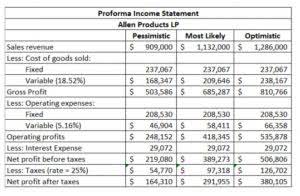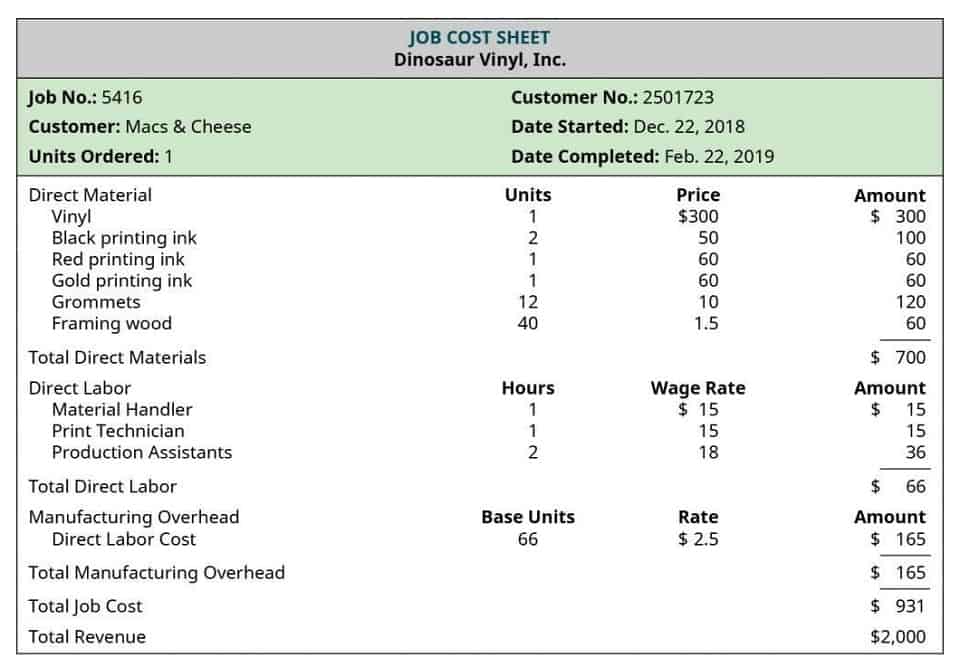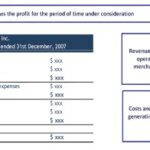Sales Revenue Journal Entry Bookkeeping Example Explained

Making accounting journal entries for cash are fundamental for a business. Whenever a business either spends or receives cash or a cash equivalent, then an entry must be recorded to account for this transaction. The primary difference between cash sales and credit sales is the timing of the payment for goods or services. Cash sales involve the immediate payment for goods or services while credit sales involve the payment for goods or services at a later date.
Journal Entry for a Cash Sale of Inventory
Obviously if cash is involved, that will be one side of the entry, and the other will depend on the type of transaction you are performing. Save taxes with Clear by investing in tax saving mutual funds (ELSS) online. Our experts suggest the best funds and you can get high returns by investing directly or through SIP. Download Black by ClearTax App to file returns from your mobile phone. CAs, experts and businesses can get GST ready with Clear GST software & certification course. Our GST Software helps sales journal CAs, tax experts & business to manage returns & invoices in an easy manner.

Journal Entry for Credit Sale:

The credit to inventory indicates a decrease in the company’s inventory due to the transfer of good ownership. The credit to sales tax payable indicates an increase in the amount of tax that will be remitted to the government. Overall, cash sales are a useful way for buyers and sellers to transact with each other. It eliminates the need for the seller to extend credit to the buyer and allows buyers to pay in various forms. Furthermore, it is easy to record the sale in the accounting records and make a journal entry to record the transaction. Here is an example of how to handle a double-entry bookkeeping journal entry for the cash sale of product or service.

Stay up to date on the latest accounting tips and training
Realistically, the transaction total won’t all be revenue for your business. Difference from credit sale https://www.facebook.com/BooksTimeInc which needs to record through accounts receivable. If your sales returns and allowances account is high compared to your revenue account, you may be offering too many discounts or have a product quality issue. So you give them a discount of 20% to make up for the inconvenience, making the final sale price $40. If your customer uses a credit card to buy the item, you’ll debit accounts receivable instead of cash since it’s income that you’re owed, but you haven’t been paid yet.
- The key components include a debit to either cash or accounts receivable (showing an increase in assets) and a credit to sales revenue (indicating an increase in equity through earned income).
- These types of entries also show a record of an item leaving your inventory by moving your costs from the inventory account to the cost of goods sold account.
- In order for either of these to happen, the company produces goods or renders services to its customers in exchange for payment.
- This can be a bit confusing if you’re not an accountant, but you can use this handy cheat sheet to easily remember how the sale journal entry accounts are affected.
- Chartered accountant Michael Brown is the founder and CEO of Double Entry Bookkeeping.
- Company A then needs to record the inventory and Cost of Goods Sold impact in its books.
Accounting made easy, for FREE!

Such entries are crucial for accurate financial reporting and analysis, providing insights into the company’s operational performance and financial health. The accounts receivable account is debited to indicate that ABC Electronics has sold the desktop computers and is expecting to receive $6,000 from customers. The sales revenue account is credited to show the income earned from the sale, which increases the company’s equity. The cash account is debited to reflect the increase in ABC Electronics’ cash holdings due to the sale. The sales revenue account is credited to record the income earned from selling the laptops.
- If you have accounting software or a bookkeeper, you may not be making these entries yourself.
- Your Accounts Receivable account is the total amount a customer owes you.
- Debits and credits work differently based on what type of account they are.
- When a company doesn’t give out early payment discounts, journal entry recording is straightforward.
How to Read a Balance Sheet: Your Quick Guide
- In this article, we will learn how to make cash sales journal entry.
- The transaction is complete at the point of sale, keeping track of the financial status is easy, and there are fewer journal entries.
- Sales are a part of everyday business, they can either be made in cash or credit.
- They have a journal entry system that records each transaction and keeps a running total of income.
Selling inventory on credit or account is a standard business practice for merchandisers and retailers. By granting short-term credit to customers, sellers can boost sales and inventory turnover and build good customer relationships. The equal but opposite debit and credit to the cost of goods sold and the inventory account accounting cancel out each other. After the customer pays, you can reverse the original entry by crediting your Accounts Receivable account and debiting your Cash account for the amount of the payment.
Related AccountingTools Courses

This means that when you debit the sales returns and allowances account, that amount gets subtracted from your gross revenue. This can be a bit confusing if you’re not an accountant, but you can use this handy cheat sheet to easily remember how the sale journal entry accounts are affected. You also have to make a record of your inventory moving and the sales tax. When you credit the revenue account, it means that your total revenue has increased. Sales are credit journal entries, but they have to be balanced by debit entries to other accounts. In instances where goods are returned or allowances are made, the Sales Returns and Allowances account, a contra-revenue account, is used to adjust the sales revenue.














